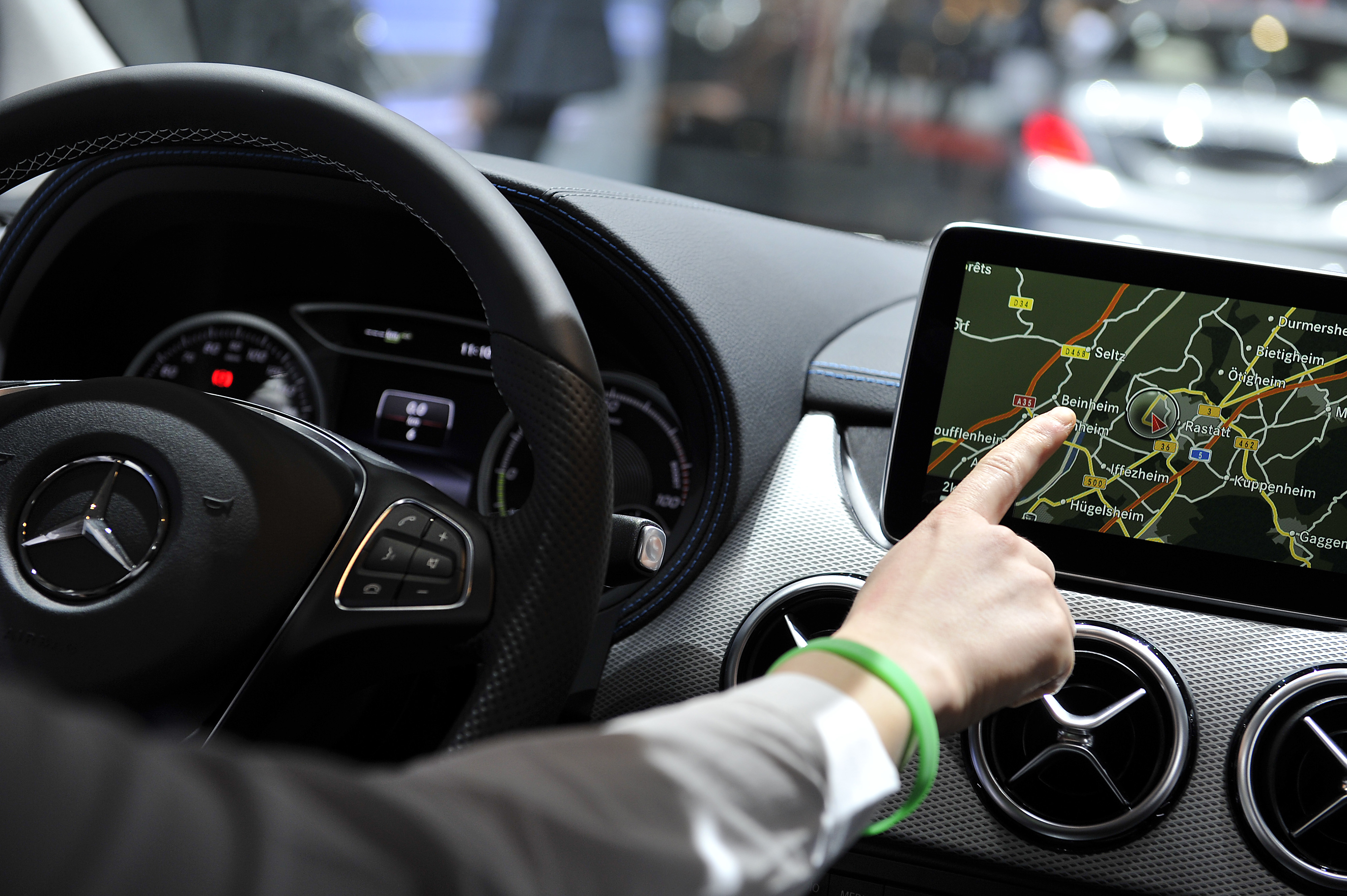Are in-car touchscreens safe to use while driving?
Highways England chief says the agency ‘doesn’t like them from a safety perspective’

A free daily email with the biggest news stories of the day – and the best features from TheWeek.com
You are now subscribed
Your newsletter sign-up was successful
In-car touchscreen systems are coming under scrutiny from the Government’s motorway authority amid concerns about drivers being distracted while on the road.
Speaking at an event in London on Wednesday, Highways England chief executive Jim O’Sullivan said the government agency needs to think about the potential risks posed by “touchscreens with small, fiddly buttons”, Auto Express reports.
“We don’t like them from a safety perspective,” he added.
The Week
Escape your echo chamber. Get the facts behind the news, plus analysis from multiple perspectives.

Sign up for The Week's Free Newsletters
From our morning news briefing to a weekly Good News Newsletter, get the best of The Week delivered directly to your inbox.
From our morning news briefing to a weekly Good News Newsletter, get the best of The Week delivered directly to your inbox.
According to European Commission estimates, between 10% and 30% of road accidents are the result of driver distraction.
Although there is little proof of a link between crashes and use of in-car touchscreens, the move towards swapping button-covered dashboards for touch panels is causing concerns among both motorists and regulators.
Tesla’s electric cars are among the growing number of models featuring touchscreen-dependent cabins, with almost every setting for the vehicles housed in large panels that dominate the centre console.
Volkswagen Group brands are also beginning to move over to touchscreens. The Audi Q8, for instance, only has a handful of buttons on the steering wheel to control the car’s infotainment settings, along with a single dial for adjusting the radio volume.
A free daily email with the biggest news stories of the day – and the best features from TheWeek.com
Toronto-based product designer Jacky Li has conducted a small study into the potential effects of this industry-wide shift, after noticing that his Uber driver was distracted by the touch panel in his Tesla Model X, says connected technologies news site GearBrain.
In a blog post, Li reports that when the study participants were seated in a driving simulator with a smartphone representing a touchscreen infotainment system, they would “routinely glance over to see if there was anything new to look at”.
And while voice-activated systems such as Amazon’s Alexa allow users to adjust settings while keeping their eyes on the road, Li believes these services put “a lot of cognitive stress on the user”.
He concludes: “Aesthetics should never trump usability, especially for products that could put people’s lives in danger.”